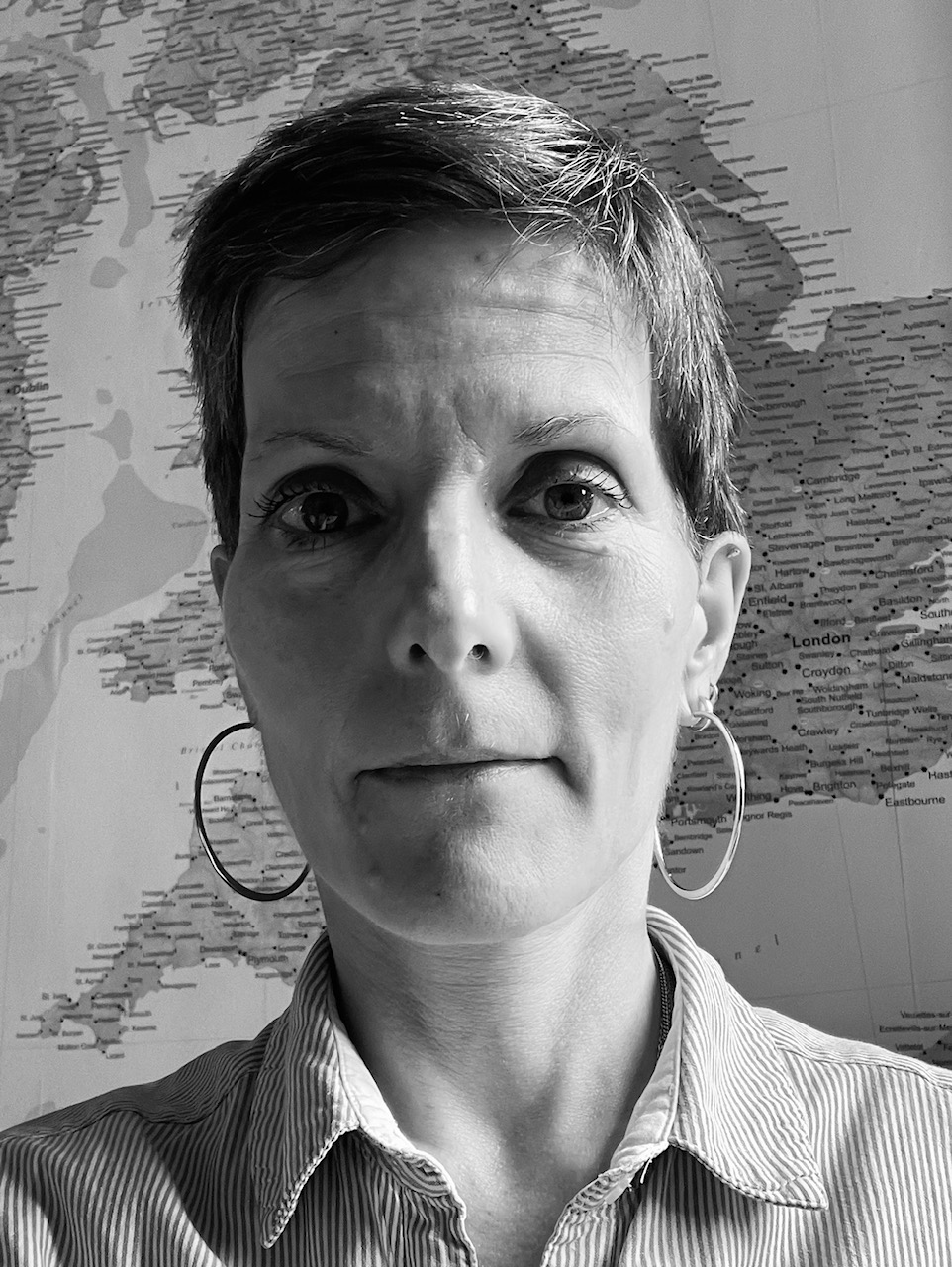Writing about self-criticism feels timely. Since I started working as a therapist two decades ago, I have noted a rising level of self-attack, and thus low self-worth, amongst my clients.
A constellation of catastrophes - an urgent climate crisis, the shambolic legacies of Brexit and Trump, and a global pandemic - have contributed to a greater awareness of our
dissatisfaction with ourselves and the way we lead our lives.
For many people I have been talking to, this means realising how they have been striving towards competitive ideals that only set them up to fail, and therefore to feel badly about themselves.
There's a story that has done the rounds in certain meditation circles, which I heard on a retreat years ago. I think it shows up how deeply embedded self-criticism is in our
culture - but also that it need not be. Sharon Salzberg, an eminent US Buddhist scholar and teacher, wrote about her visit to a conference in India in 1990. Speaking with the Dalai Lama, she asked, 'Your Holiness, what do you think about self-hatred?'
He looked confused. 'What's that?' he asked.
A very wise man was struggling with the idea that a human being could feel so badly towards themselves. When Sharon described how her own self-criticism had caused her great distress as a young adult, the Dalai Lama asked, 'How could you think of yourself this way?' Perhaps he was being deliberatively provocative, knowing only too well of how prevalent self-hatred was in the culture he was forced to flee to, but three decades later his question is even more relevant.
Will Storr fluently unpacks why we are ill at ease with ourselves in his book Selfie: How the West Became Self-Obsessed. He examines our relentless search for meaning in a world that has become atomised by neoliberal economics. He charts how we have stripped away state welfare provision while focusing on deregulation and the free market. This ultimately pits us against ourselves and pushes us away from each other. The self-obsession he interrogates is a depleting, self-deluding one, resting on attempts at success that ultimately feed dissatisfaction. We are encouraged to win, achieve, succeed and gain, largely via consumption. And because we have lost our sense of connection with each other, we are thrown back on ourselves, and left to strive alone to prove our worth.
Storr describes the ideal that we are encouraged to aspire to as an 'extroverted, slim, beautiful, individualistic, optimistic, hard-working, socially aware yet high-self-esteeming global citizen with entrepreneurial guile and a selfie camera'.
I would add more qualities to this list: wealthy, well-travelled, nutrition-conscious, youthful, maternal/paternal and eco-conscious. These paragons are omnipresent - and normalised - in our parallel virtual worlds, and the dangerously distorting social media platforms operating in them.
The pressures to prove ourselves also make us more prone to egregious otherings. As a white, privileged, cis-gender woman, misogyny is the type of hatred that I have the most personal - and degrading - experience of, but I listen in despair to the prejudice clients describe experiencing because they are people of colour, have a disability or a neuro-difference, are homosexual, or are non-cis gendered.
I also talk to people denigrated because of their religion or class. It's hard to feel good about yourself when you are being repeatedly told that you aren't good, or worse, when you are treated with utter contempt.
In among our lonesome striving towards an impossible ideal, I also see a potentially destructive demand to be mentally and emotionally well: the wellness industry has created another stick for us to beat ourselves with. I'm all for any lifestyle plan, baroque something-free diet, natural or synthetic drug, meditation practice, sacred mantra or app that alleviates human suffering. But I do worry that the overwhelming proliferation of means to arrive at a notional nirvana stack up to convey the idea that we aren't doing well if we don't enlist them. Although increasing numbers of people seem to be engaging help for their suffering, which is a good thing, many arrive at my door reprimanding themselves for being there in the first place. They feel they have failed if their efforts at self-help haven't worked.
This double whammy of self-criticism - criticising your self-critic - is more prone to happen in a culture that emphasises striving, happiness and wellness like we do. Clients have often reported thoughts to me along the lines of 'I know I shouldn't be so unhappy, it's ridiculous. I have a good job, lots of friends, I do loads of yoga and breathing exercises'.
Such thinking leaves little room for the counter-intuitive, more compassionate and frankly more useful practice of acceptance that we are okay as we are, warts and all - just as
the Dalai Lama alluded to in his response to Sharon Salzberg.
I certainly don't want to contribute to this double whammy by my emphasis, in this book, on our need to identify, challenge and safely separate from our self-critic. But I do want to inspire a greater awareness in you, so that - at the very least - you can ask yourself why it is that you may treat yourself far worse than you may do your friend, or indeed even a total stranger. My stories show how this has been possible for many of my clients, which means it could be possible for you too.
Julia Bueno is a verified Welldoing therapist in London, and the author of Everyone's a Critic: How We Can Learn to be Kind to Ourselves

